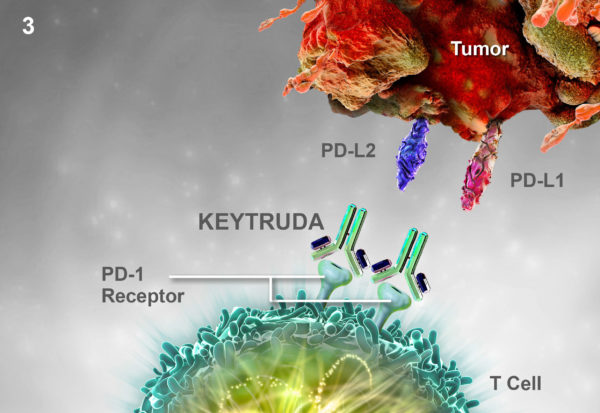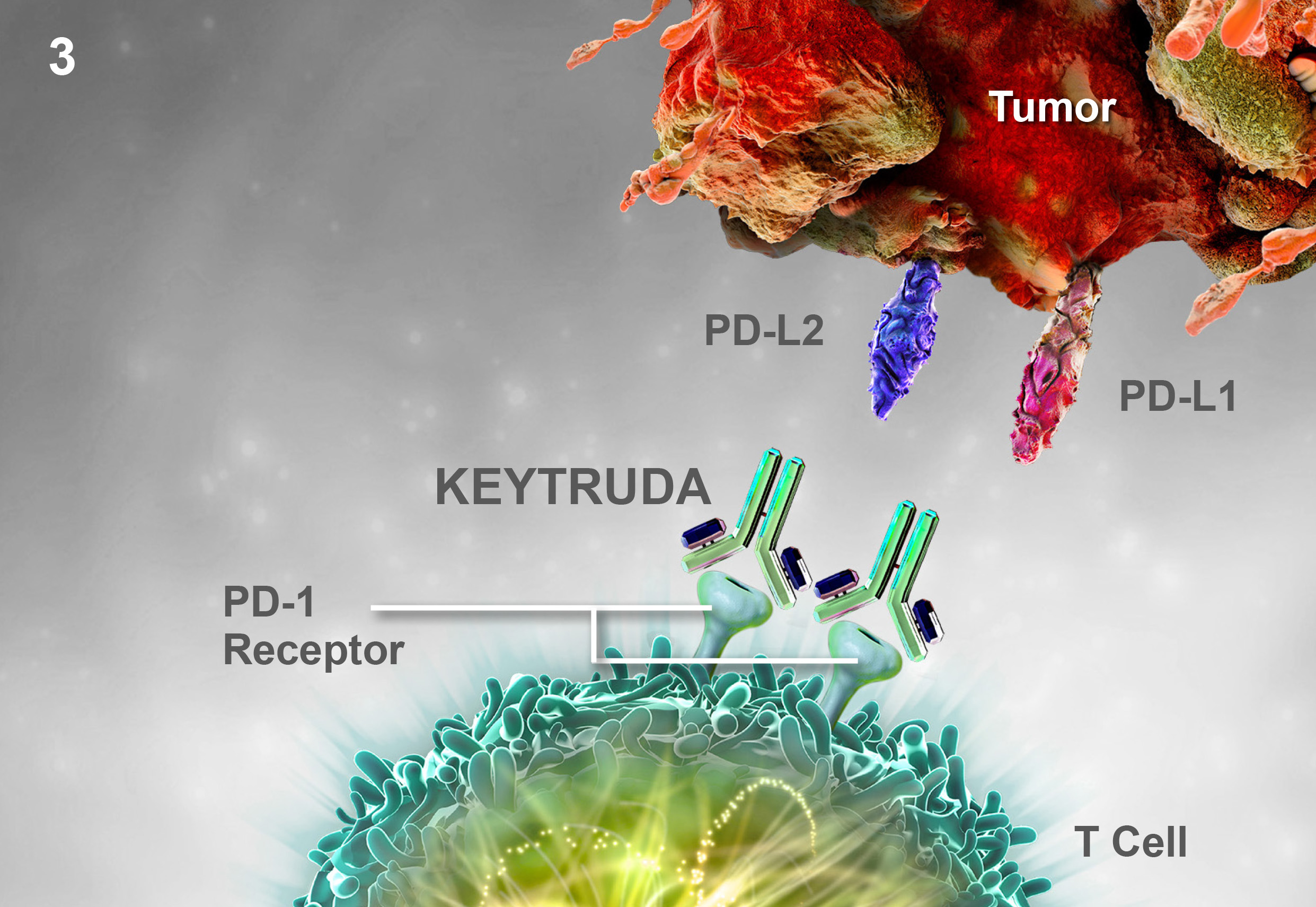
An immunotherapy drug can be effective in some men with advanced prostate cancer, a major trial has shown.
The phase II clinical trial, led by the Institute of Cancer Research and the Royal Marsden, involved 258 men with advanced prostate cancer who had run out of all other options on treatment.
The men had stopped responding to the main treatment options.
According to researchers, a small proportion of men, described as “super responders”, remained well even after the trial ended, despite a very poor prognosis before treatment.
Last week it was reported the same drug had proved effective in treating advanced head and neck cancers.
Immunotherapy uses our own immune systems to recognize and attack cancer cells.
The therapy is already being used as a standard treatment for some cancers such as melanomas – and being tested on many others too.
Nivolumab: Immunotherapy Drug Hailed as Game-Changer in Cancer Treatment
Bladder cancer breakthrough: New immunotherapy drug for terminal patients
The study found that one in 20 men with advanced prostate cancer responded to the drug pembrolizumab – and saw their tumors actually shrink or disappear altogether.
The study, published in the Journal of Clinical Oncology found that although a relatively small number, some of the men gained years of extra life.
A further 19% saw some evidence of improvement.
Most patients in the study lived for an average of eight months on the drug.
The most dramatic responses were seen in patients whose tumors had mutations in genes involved in repairing DNA.
Researchers are now investigating whether this group might benefit the most from immunotherapy in a larger trial.
But first, a test to pick out who will respond best is needed, so that doctors know which patients to give it to.
The number of people diagnosed with prostate cancer has been rising over the last 10 years.
This is probably because the population is getting older and more people are having PSA tests.
Around 30% of men with advanced or stage four prostate cancer survive their cancer for five years or more after diagnosis.
Last week, a separate trial found the same drug kept some people’s advanced head and neck cancers at bay for an average of two years – five times longer than under chemotherapy.
Both studies are part of a growing body of research suggesting immunotherapy could offer hope to an increasing number of cancer patients.
